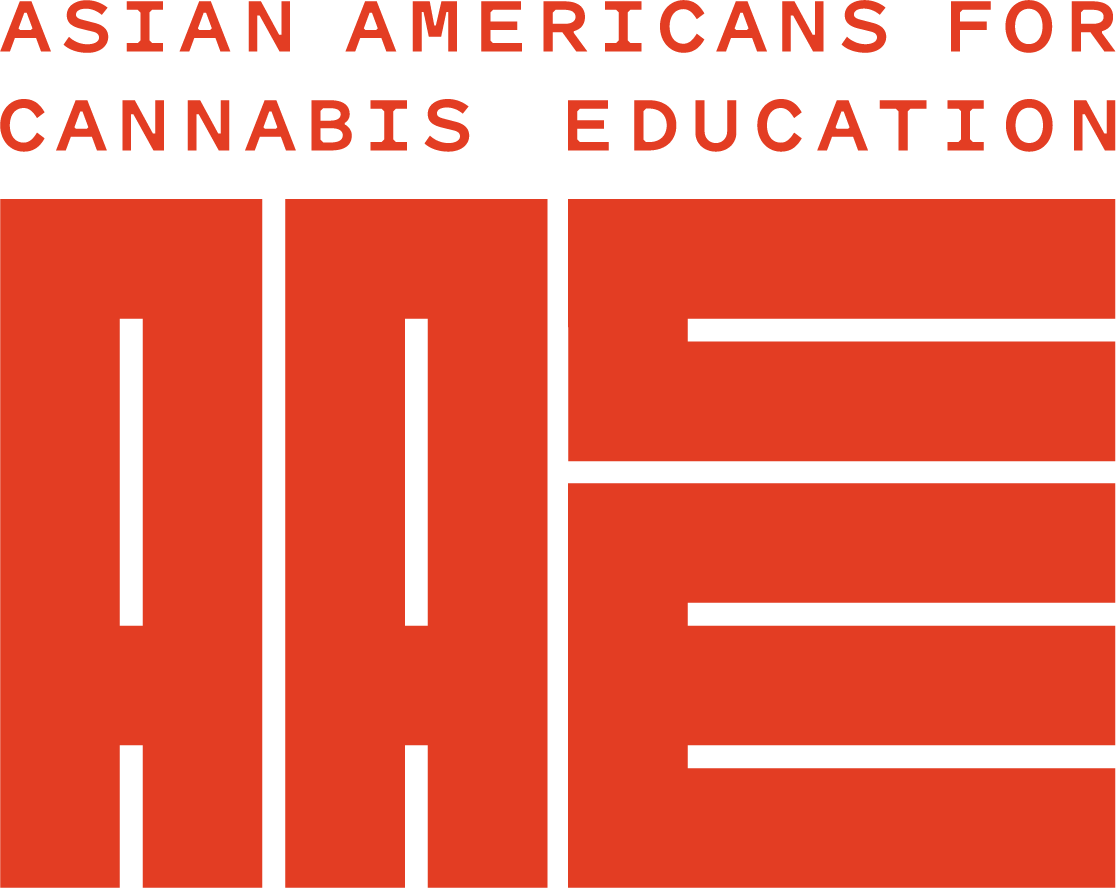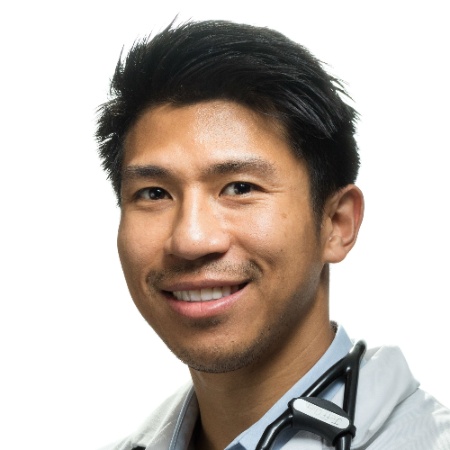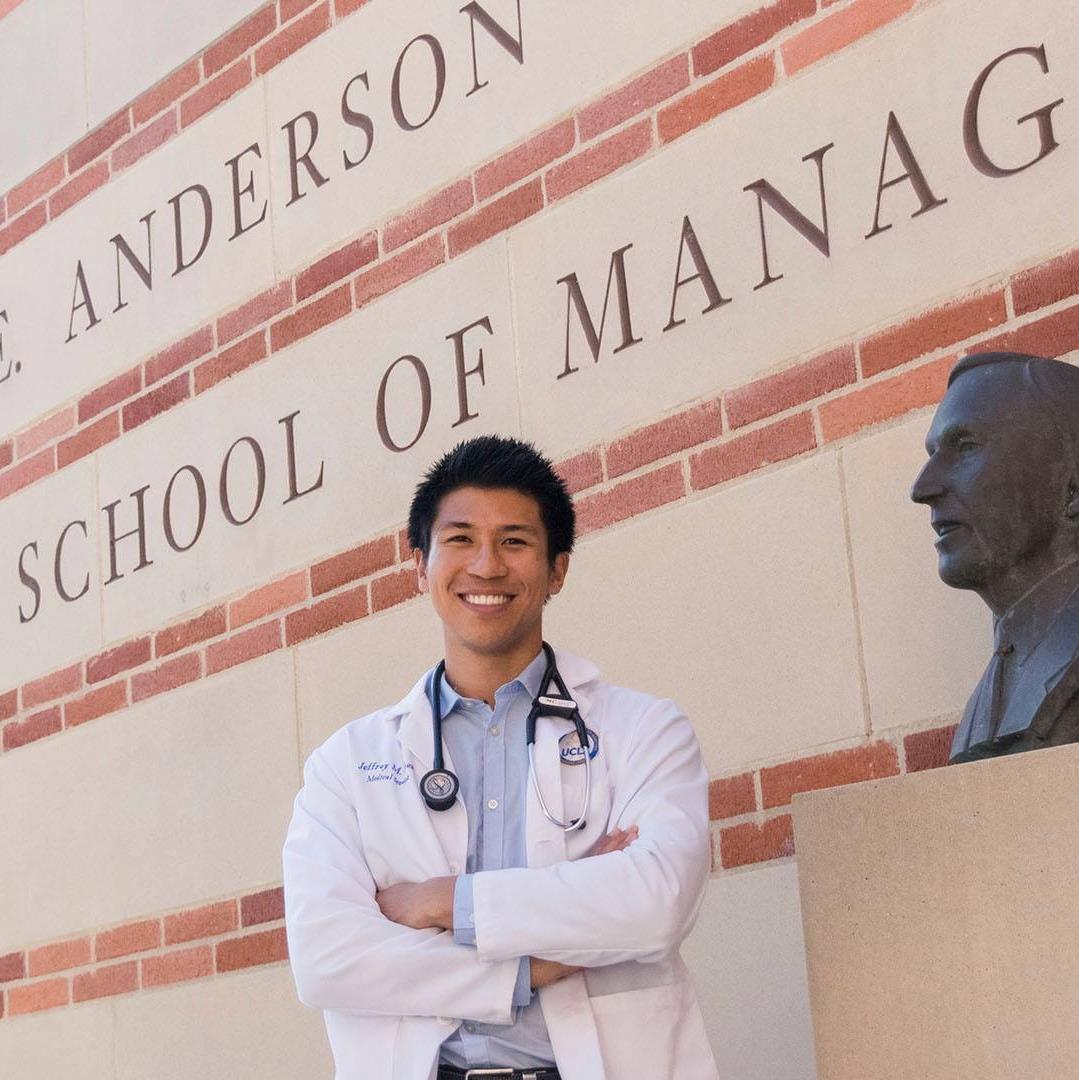What was the most surprising fact about cannabis that you didn’t know?
Cannabis has over 100 cannabinoids, and only a dozen have ever been investigated for their pharmacologic actions (i.e. put into a cell, animal, or human). And really only THC and CBD have undergone significant human research. I often find myself wondering what all those other cannabinoids do.
As a plant cannabis can be used or added to is unlimited, from food to beauty to healthcare, where do you see it making the most impact?
Cannabis and its compounds could represent a potentially cheap, safe, effective treatment for certain diseases. At a time when our healthcare system is in crisis, that’s an impactful value proposition! But we can’t put the cart before the horse, and we need high-quality research before jumping to any conclusions. However, our job is tough—there are no traditional sources of funding for therapeutic cannabis research and cannabis is arguably the most difficult substance to study in America. So compared to researching other things, we have to somehow do much more with much less! It’s quite a challenge, and we are always looking for supporters!
Anecdotal evidence is what the general public has now for the benefits of cannabis, do you see this as a base for your research? What do you see most alarming about the public’s misconception about cannabis?
While we can’t take anecdotal evidence at face value because of the placebo effect, we can definitely use it as a factor when deciding where to place our research efforts and limited funding. Prior to the first placebo controlled trial in the early 20th century, all we had for thousands of years was anecdotal evidence guiding us in what foods were good to eat, what kind of herbal medicine to use, etc. The human brain is really good at pattern recognition!
There is this general misconception that cannabis is harmless or not addictive, and that’s certainly not true. Certain vulnerable populations (children & adolescents, individuals predisposed to schizophrenia, pregnant women, etc) need to be really careful about the risks of cannabis use. Also, while less people get addicted to cannabis compared to alcohol or tobacco, there’s still ~10% of people who try cannabis and go on to develop “cannabis use disorder” at some point in their lifetime.
Companies are touting the benefits of cannabis to the general public without valid research, with adult use in 2018 in CA, do you see companies stopping or ramping up with claims until being called out? And do you see this as worrying because the general public is being misinformed with “cure alls”?
For the last 20 years cannabis companies have been unregulated and unlicensed in California, and thus there are no “costs” to making claims like that and only potential benefits to the company. This is certainly worrying if people are incorrectly using cannabis in lieu of treatments that would have helped them. Starting in 2018 when we have a regulated California cannabis market, I think companies will actually behave when it comes to making health claims because they don’t want to do anything that could jeopardize their license or good standing with the regulators. Cannabis is quickly becoming an industry of “compliance companies” that happen to cultivate/manufacture/sell cannabis, and thus they wouldn’t risk it!
As an Asian American, do you see acceptance spread with your research and the fact that you are Asian American would garner more respect than non Asian researchers?
I don’t think being Asian has anything to do with it. Having an Ivy League education and earning advanced professional degrees in Business and Medicine have helped with the credibility needed to create a cannabis research program at UCLA. But there is definitely racial inequity related to cannabis. In some states, African Americans are 8 times more likely to be arrested for cannabis offenses than Caucasians, despite similar usage rates.
About Dr. Jeffrey Chen, MD/MBA:
Dr. Jeff Chen MD/MBA is the Director of the UCLA Cannabis Research Initiative and a thought leader on the intersection of cannabis policy, science, and business. He is a graduate of the specialized dual degree MD/MBA program at UCLA, where he was the Founder and Director of the UCLA Cannabinoid Affinity Group, one of the first cannabinoid faculty interest groups established at an American university. He has worked for the last 4 years at the intersection of the non-profit sector, academia, cannabis industry, and government to accelerate cannabis research. Dr. Chen has presented extensively on the topic of cannabis, speaking at institutions ranging from the RAND Corporation to the UCLA Center for East West Medicine to Senator Feinstein’s Office. He was a Co-Instructor at UCLA for one of the first cannabis courses at an American University.
Dr. Chen is a David Geffen Fellowship Recipient, UCLA Anderson Fellowship Recipient, and UCLA Wolfen Entrepreneurial Award Recipient. He is a U.S. patent holder, a published author in cancer research, and sat on the Admissions Committee at the UCLA School of Medicine. He graduated Magna Cum Laude from Cornell University where he studied Biology, Business, and Music, and ran the microbiology lab of the Chair of the Microbiology Department, William Ghiorse. In his free time, Dr. Chen enjoys making music—he has sung with multiple national acclaimed groups and has performed at venues ranging from Carnegie Hall to the Vatican.


